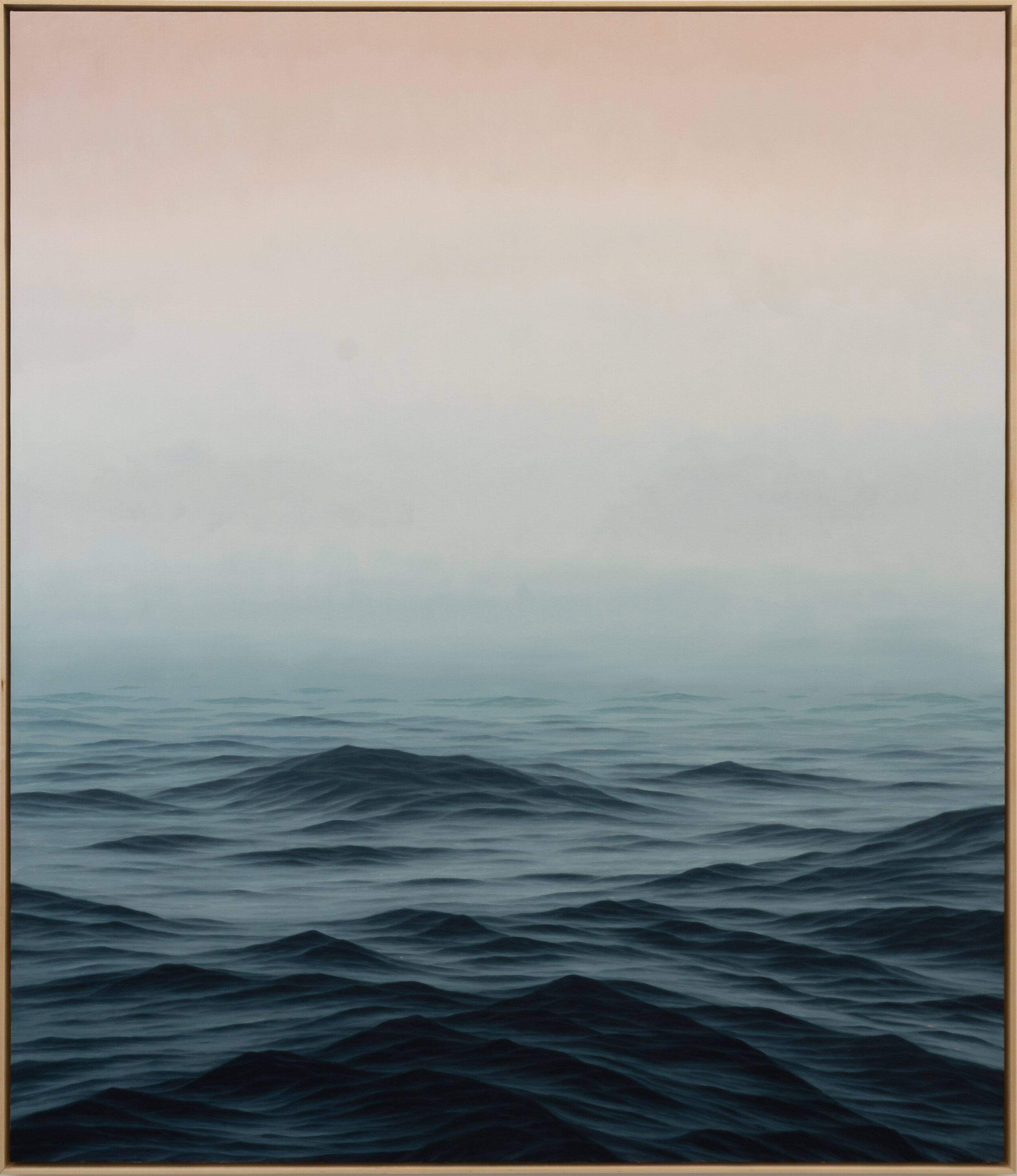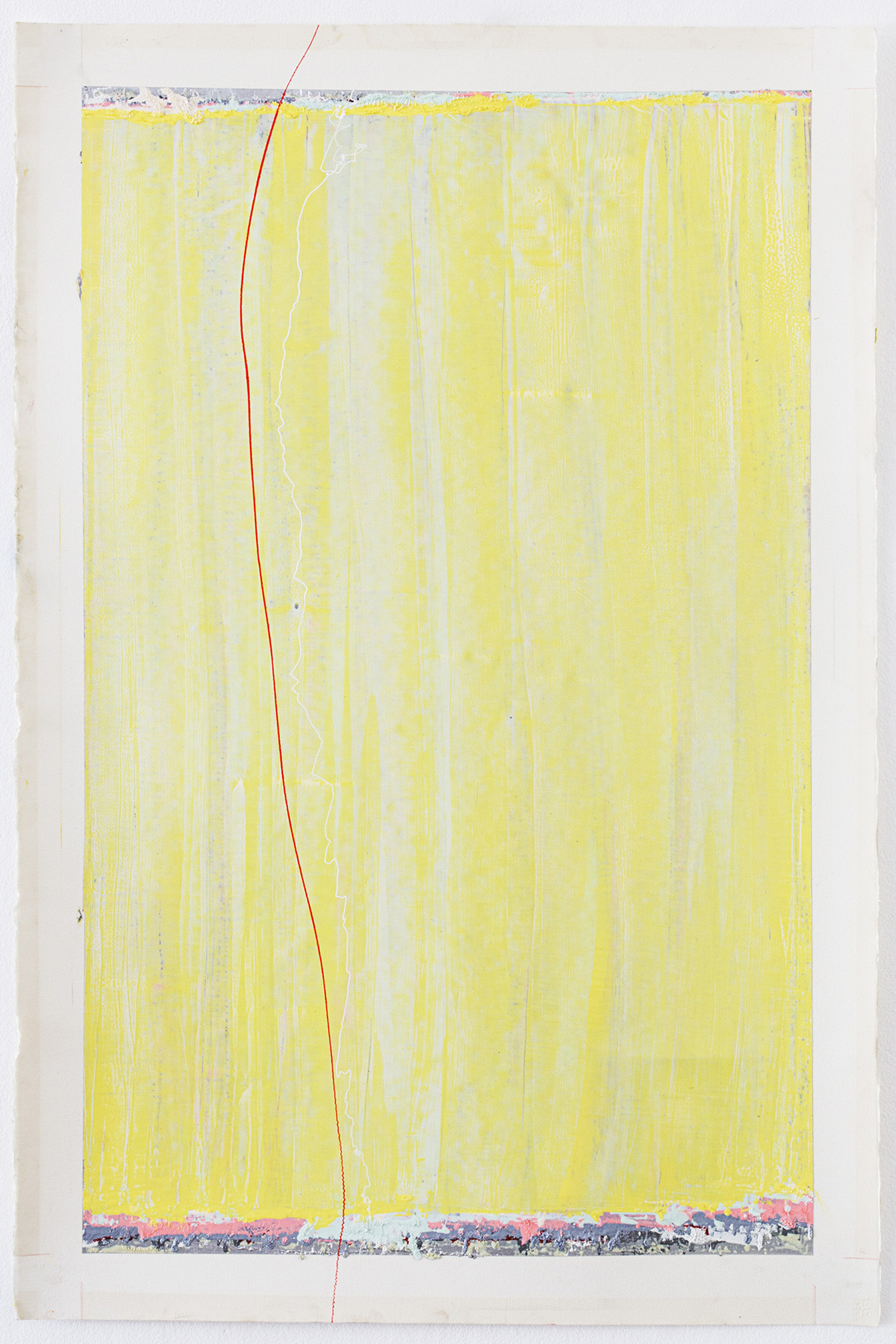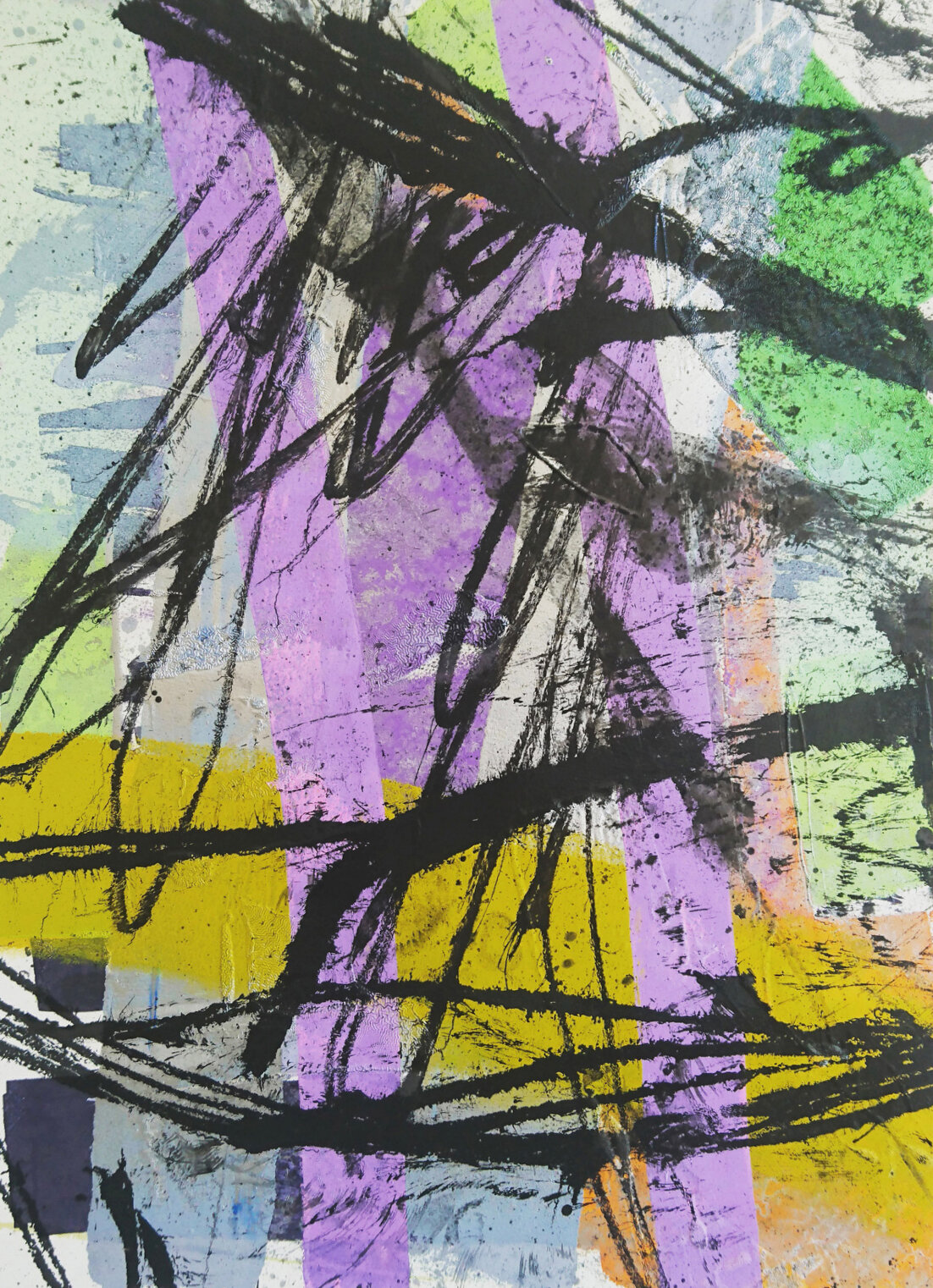Voices: Francesco Ozzola, Suburbia Contemporary, Granada, Cape Town, & Florence
Francesco Ozzola
Francesco Ozzola is the owner and founder of of Suburbia Contemporary, based in Granada, Florence and Cape Town.
Suburbia Contemporary at Investec Cape Town Art Fair 2020, Main Booth. Lilietta Njovana, Jake Aikman, Bonolo Kavula, Francesco Ozzola, Kim Makin
What are some common themes in your program?
We talk about the relationship between human being and the environment.
Tell us about one show you are excited to present in your gallery this spring.
Bonolo Kavula’s show, it is amazing and exciting to bring a young, emerging South African to Europe.
Who was the last artist who’s studio you visited? Tell us a bit about the work.
Jake Aikman. His maritime paintings represent itself as infinity and like the ocean, it never ends.
What is it about artists that you respect and honor the most?
Their capabilities to design their deep expressions of life.
Who was the first artist you ever worked with? Tell us a bit about that story.
Robert Pettena was the first to exhibit at Suburbia when the gallery was still a non-profit making, the aim of the exhibition was to work with his installation work titled jungle junction. The public was involved in the installation of a jungle where many performances happened. It was such a pleasure working with him and also getting the community involved in the very first gallery project.
Bonolo Kavula, The feelings don’t go away, 2020, Courtesy of Suburbia Contemporary
What is a piece of advice you give to artists?
To stay true to themselves and to never feel the pressure to change and try to fit into the ‘trendy’ market concepts of art.
What qualities do you look for in an artist?
If they have a strong project, If they can formalize and make their artwork really good quality. They must be different and unique.
Tell us about why you decided to open a gallery.
Suburbia is a contemporary art gallery that has emerged over the past few years to represent emerging, and established artists in a global scale.
What is your personal or professional motto?
I feel that there is a historic essence reflected in the networks of today: art has been always contemporary.
Why are you passionate about art?
I am interested in spreading, appreciating and learning it.I find it very interesting to understand artists and their work and curating it.
How have you grown as a curator over the years?
My curatorial eye has grown in the years; in the last year, I had the chance to curate shows in my gallery allowing me to be conscious about current aspects of art.
Tell us about a mentor you had early on in your career and what they taught you.
I have not a specific mentor, I observed during the years the trends in the art field and what is durable during the time.
Name a big overall lesson you've learned in running a gallery.
I have learned to be generous always, the same spirit comes back to you.
Jake Aikman, HR'Shepherd's Warning', 2019-2020, oil on linen, 163cm x 143cm, Courtesy of Suburbia Contemporary.
What does success as a gallery director mean to you?
Promotion of artists globally, giving them the right exposure. To develop on the highest quality of work.
What is the best piece of business advice you were given when you first started out?
The best piece of advice that I got when I started out is that there will be bad days and good days but perseverance is key.
At what point in your life did you first learn about the art industry? What called you to it?
I have always had a passion for art, the powerful aspect that art brings people together from all over the world called me to the art industry.
What is your favorite thing about your gallery space?
It is globally inclusive, never institutional, and promotes artists, giving them a platform for exposure.
What does the art world need more? Less of?
It needs to connect with people at the grassroots level, do away with the elitist tag.
What is the most important quality you look for in a patron of the gallery and your artists?
The most important qualities I look for in an artist are dedication and determination in their research.
Tell us about one artwork you love living with and why.
Jaime Poblete, Untitled, 2019. I love living with it because it speaks about the relationship between the dead and the living, it resonates with with me.
Tell us about an artwork you recently acquired and why.
Jake Aikman, "Atlantic" 2018. I acquired the work because of the love I have for his work, it is deep and the way that his techniques are strongly visible on the work.
What do you think is the greatest challenge galleries face today? How are you addressing this?
I think that we have to move in a different way, to keep things going and to do not close art in a gallery space. Bring our artists where they need to be and so moving globally is important, we have to break down each barrier we find in our way. Many persons at the last fairs were asking my why a Spanish gallery was bringing at the Cape Town Art Fair in the main booth a South African artist, a Chilean and an Italian, and at the curated section a South African, every one of the artists that I represent has something in common with the other, and this is not by their nationality.
How can galleries collectively advance?
Networking and sharing, creating experience for the public. Opening doors not closing.
How do you see the traditional gallery model evolving as our industry evolves?
Next generations are used to think globally, to share and to help each other, it will reflect on everything, this is something we have to deal with.
What would a more sustainable art industry look like?
In Suburbia we try to focus on what we need and to find out the way to use less resources that we can, always keeping high quality in all the aspects, this reflects in each of our actions.
Jacob Van Schalkwyk, Courtesy of Suburbia Contemporary





